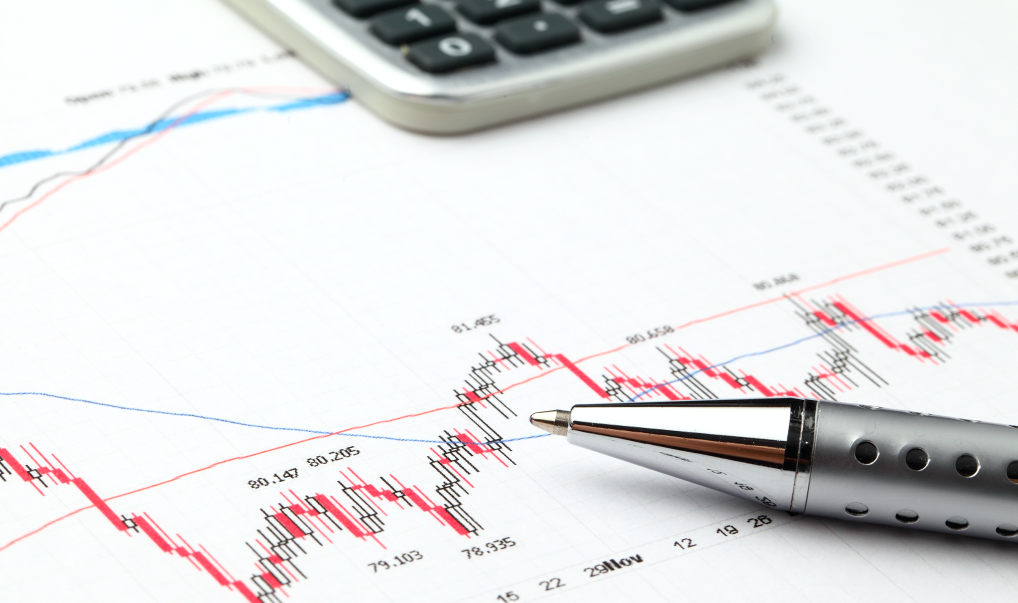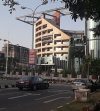In recent years, the growing level of South African debt has contributed to the deterioration of the national economy. To revive growth in the midst of the covid-19 pandemic, the government wants to review its resource mobilization strategy.
South Africa wants to stabilize its public debt level at 88.6% by 2025/2026. This is what Finance Minister Tito Mboweni announced to Parliament on Wednesday February 24, 2021.
According to the official, the aim is to gradually reduce the level of public debt in relation to GDP. To do this, the authorities plan to gradually increase fiscal revenues; which will also have the effect of lowering the level of the budget deficit.
However, with the economy in the throes of a crisis exacerbated by the covid-19 pandemic, it will be difficult for authorities to mobilize domestic revenue, especially if they are to be supported by stronger fiscal measures.
For the year 2020/2021, the authorities have indicated that they expect budgetary revenue to rise to 1.350 billion rand ($ 91.3 million), or 25% of gross domestic product (GDP).
For the year 2023/2024, this figure is expected to rise to 1.5 trillion rand. Even though the government is counting on improved tax collection to reach this level, Minister Mboweni acknowledged that a tax system that is too burdensome for businesses and households in the current context could have a counterproductive effect.
“Much advice has focused on the limits of tax increases. We agree that tax increases must be kept to a minimum to stabilize our public finances. We have chosen not to introduce the 40 billion rand of fiscal measures initially proposed in the October Medium Term Fiscal Policy Statement (MTBPS), ”he said.
In a report published in 2019, the Institute of International Finance (IIF) indicated that South Africa’s public debt could climb to 95% of gross domestic product (GDP), by 2024.
This forecast is linked to the situation financial disaster of several public enterprises such as the electricity production and distribution company, Eskom, or the airline company South African Airways (SAA). With the covid-19 pandemic that even prompted the Rainbow Nation to seek a $ 4.3 billion loan from the IMF, the situation worsened.
“The high level of public debt increases the cost of borrowing throughout the economy. The increase in debt leads to higher taxes and uncertainty for the future.
Servicing this growing debt removes resources that could have been invested in infrastructure, and erodes our social solidarity, ”Minister Tito Mboweni recalled.
He added: “Honorable Members, putting our public finances in order is the greatest contribution we can make to support our reconstruction and economic recovery plan”.
Source Ecofin Agency



















